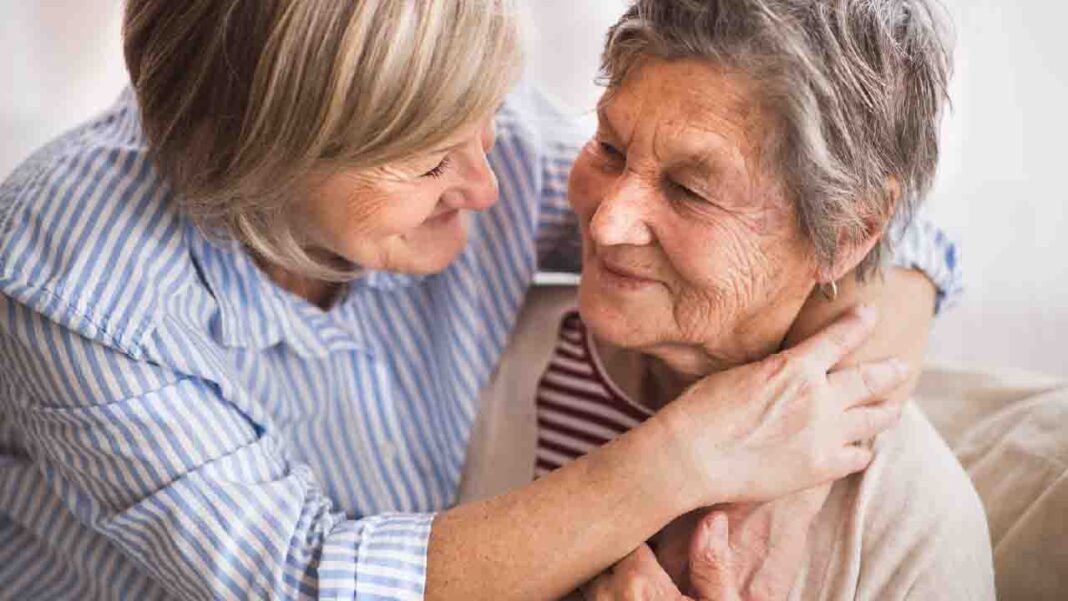Caregiving for someone with Dementia can be demanding and challenging, and figuring out how to best care for both patients and yourself can be hard and sometimes frustrating.
Dementia is a collection of symptoms that is given way and caused by a number of disorders, that affect your brain. Symptoms may include difficulty in problem solving, behavioral problems, memory loss and mood shifts.
Research published that nearly half of Dementia patients experience falls, mostly at home. Studies were conducted, and found multiple factors including environmental such as, patients home and neighborhood, is necessary to inform fall-risk screening, caregiver education and support.
Fortunately, Dementia usually progresses slowly giving time for the patient to adopt, so they are safe as possible. However, each stage of the disease will present new and unique challenges and concerns.
In the early stages it is recommended to forces on certain factors such as having a discussion with the patient with regard to legal, financial and long-term care. Understanding the patients desire and keep everything written down early in the disease process. Safety checks should be listed, and avoiding stressful situations or tasks that may make the patient frustrated. Maintaining a healthy lifestyle is important such as, regular exercise and nutritious meals.
As the disease progresses, life for the patient and caregiver will become more uncomfortable. As assistant with toileting and grooming may have to be administered.
Patience and Sensitivity by the care giver will go a long way towards maintaining comforts to the patient. As time passes communication will become increasingly challenging. Patients may require help articulating their thoughts and completing basic tasks. Using gentle tones when communicating will go a long way.
Certain activities, such as driving may no longer be safe at this stage. Using safety measures such as warning bells, pressure -sensitive mats, night lights and alerting neighbors of the patient’s condition, may be some of the precautionary measures that the caregiver should attend to. keep an update photo of the person handy in case they do wonder.
The late stage of this disease most patients require care that exceeds what can be given at home. They may require complete assistant with daily activities such as, eating and drinking, keeping clean and dry and even move around independently.
In this stage, the patient may become aggressive and violent, keeping your distance at this time may be best, till the patient calms down.
Doctors may prescribe medications that can ease agitation or aggression. Keep an open mind and reminding yourself what you are faced with, will help you as a caregiver, cope and understand what the patient may be going through.
















